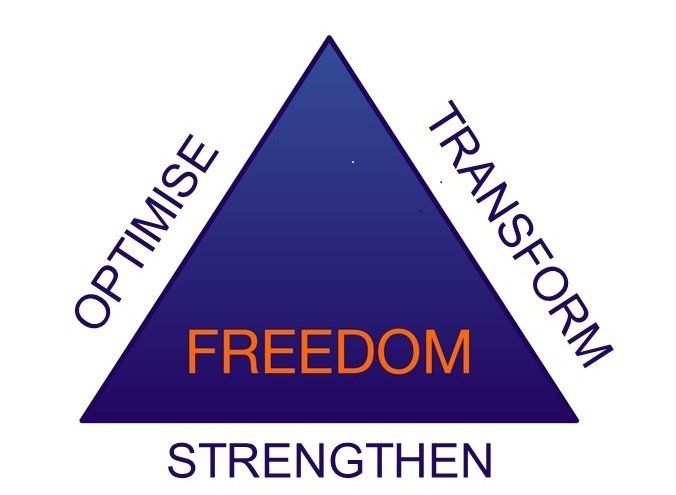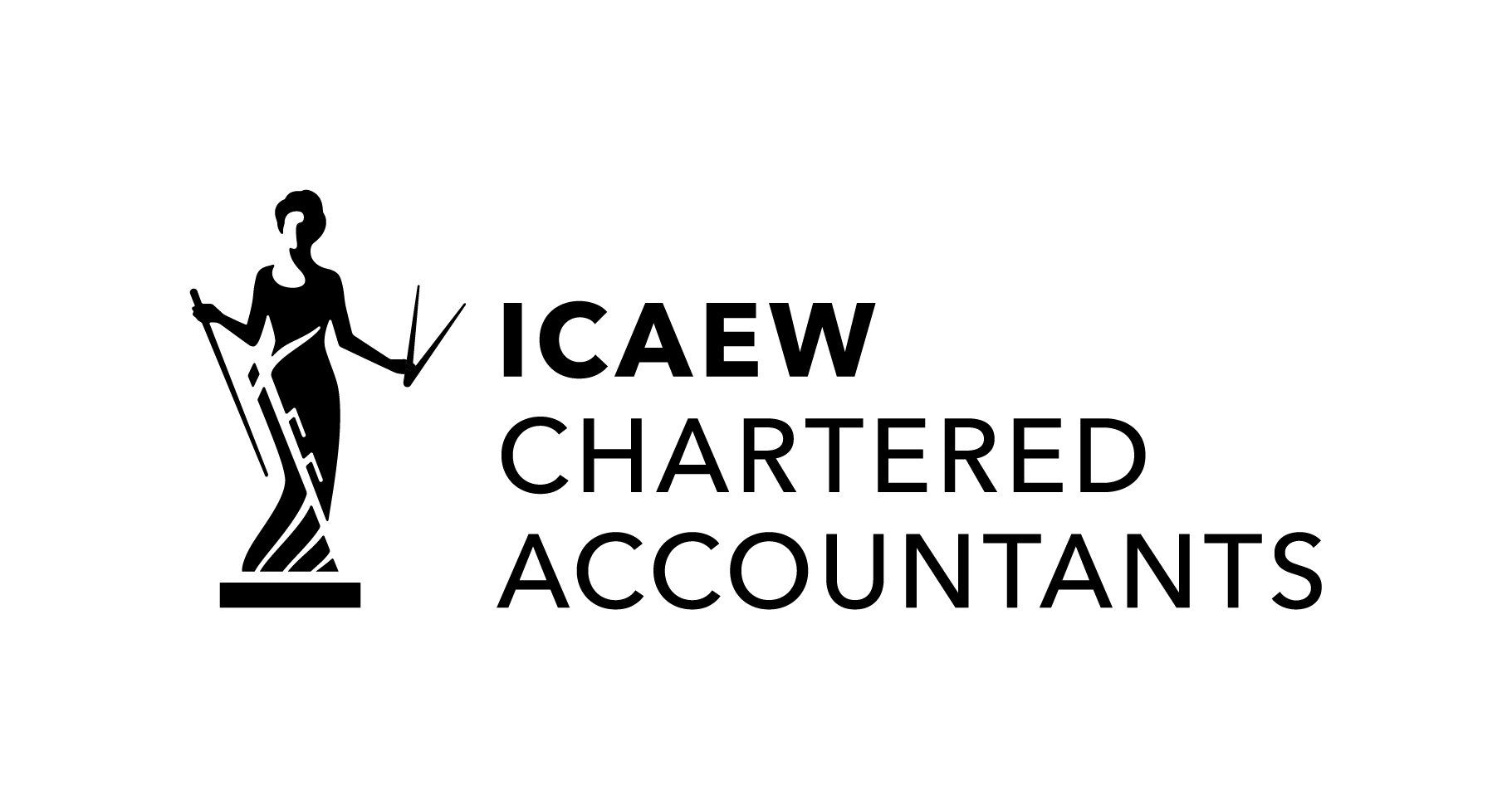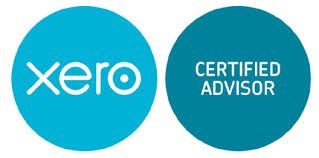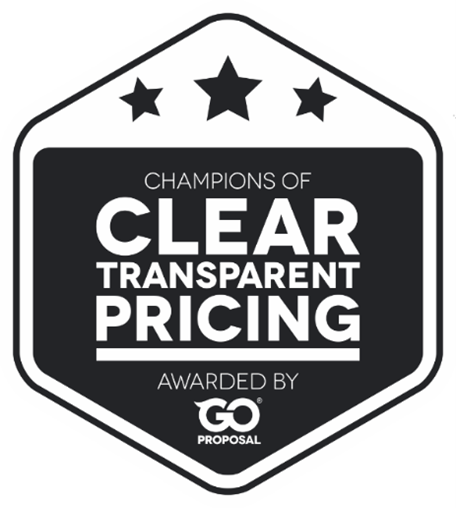Problems we solve ~ Carbon Accounting
What is Carbon Accounting?
Why is our environmental impact so important to Wood and Disney?
Is Carbon Reporting mandatory in the UK?
- Quoted companies (companies listed on a public exchange)
- large unquoted companies and LLPs; considered “large” if they meet two or more of the following criteria:
- a turnover of £36 million or more
- a balance sheet of £18 million or more
- 250 employees or more
- Businesses Seeking ‘B Corp Certification’. B Corp Certification requires companies to measure and reduce their environmental impact. Carbon accounting is essential for the Environmental Impact section of the B Impact Assessment.
- Supply Chain & Customer Requirements. Large corporations are increasingly requiring carbon footprint data from their suppliers in order to fulfill their own carbon emission regulatory reporting. If your business is part of a larger supply chain, you may need to report your emissions to meet your contractual obligations.
- Regulatory Compliance for Government contracts. Certain UK businesses must comply with SECR (Streamlined Energy and Carbon Reporting) and other carbon disclosure regulations as part of supply contracts to the UK government.
- Businesses with ESG & Net Zero Commitments. Many organisations have Net Zero or Environmental, Social, and Governance (ESG) goals. Carbon accounting provides measurable insights to track sustainability progress.
- Scope 1 (mandatory): Direct emissions from a company's own operations, such as burning fuel for heating or transportation, or using materials that release green house gasses.
- Scope 2 (mandatory): Indirect emissions from the generation of electricity, heat, steam, and cooling purchased by the company.
- Scope 3 (voluntary): All other indirect emissions that occur in the company's value chain, including emissions from suppliers, customers, transportation and distribution, use of sold products, and end-of-life treatment.
I'm just a small business, why start Carbon Accounting now?
Carbon accounting is not just for tree hugging environmentalists!
Yes, the overriding goal of carbon accounting is to measure your carbon emissions and put you in control of your carbon footprint. The government is not forcing you to report your carbon emissions yet, but every indication points to reporting regulations being introduced in the near future for SMEs.
So why start carbon accounting now?
- Prepare for Evolving Regulations: While current mandatory carbon reporting regulations like SECR don't apply to SMEs today, the trend is clear: environmental accountability is expanding. By getting on-board today with carbon accounting, you can proactively understand your carbon footprint and establish reporting mechanisms, avoiding a rushed and potentially more costly scramble to comply later.
- Enhance Competitiveness and Access New Markets: Sustainability is becoming a significant factor for consumers, employees, and investors.
- With environmental credentials supported by the hard data provided by carbon accounting, your business can gain a competitive edge.
- Many large companies are prioritising suppliers with strong environmental practices and may prefer or even require carbon reporting as part of their procurement processes.
- Demonstrating a commitment to reducing emissions can enhance your business's brand reputation, attract environmentally conscious customers, and improve your employee engagement and retention.
- Access to green finance and investment is increasingly tied to sustainability performance. SMEs with carbon accounting in place will be better positioned to attract investors who prioritise ESG (Environmental, Social, and Governance) factors.
- Identify Cost Savings and Improve Efficiency:
- Carbon accounting involves a detailed analysis of your business's energy consumption and resource use, helping you identify inefficiencies and waste within your business.
- Understanding your emission hotspots can help you prioritise and implement cost-saving measures, such as switching to renewable energy, improving energy efficiency, optimising transportation, and reducing waste.
- Early action on carbon reduction can also help your business avoid or minimise the impact of future, potential carbon taxes.
- Proactive carbon management can also help your business adapt to a low-carbon economy and identify new opportunities in green technologies and sustainable practices
- Contribute to a Sustainable Future:
- Beyond the direct business benefits, starting carbon accounting now allows your business to make a difference to the national and global effort to combat climate change and achieve Net Zero targets.
- Taking early action demonstrates environmental responsibility and helps build a more sustainable future for all.
While not yet a mandatory requirement for most UK SMEs, starting carbon accounting now is a strategic move that positions your business to prepare for future regulations, enhance your competitiveness, identify cost savings, manage risks, and contribute to a more sustainable future. By taking proactive steps today, you can position your business for long-term success in a rapidly evolving world.
How can I measure my carbon emissions?
This all sounds great on paper but, as a small business, how do I measure my carbon emissions?
Until recently, we at Wood and Disney have been asking the same question about our own business's carbon emissions. We realised some years ago that reducing our carbon footprint was important as central to our goal is building a greener, sustainable future for our children and generations beyond. That's why our drive to reduce our environmental impact, manage a socially responsible business which helps both our team and our clients reach their full potential and to run and support our clients in building businesses that are financially sustainable and resilient, is so important to us. Sustainability: Environmental, Social and Financial, is at the heart of Wood and Disney's business beliefs.
Wood and Disney have taken many steps to reducing our carbon footprint. You can read all about Our Environmental Impact by clicking. So far, our approach has been quite piecemeal. We've taken a number of small, but important steps, but they've nearly all been standalone and their impact has been hard to measure. We want to take control of our environmental impact just as we have control of our financial impact. To achieve control we need to have data on our greenhouse emissions from every aspect of our business, just as we have financial data on every aspect of our business. Carbon Accounting gives us that data and enables us to monitor and proactively manage our carbon footprint.










